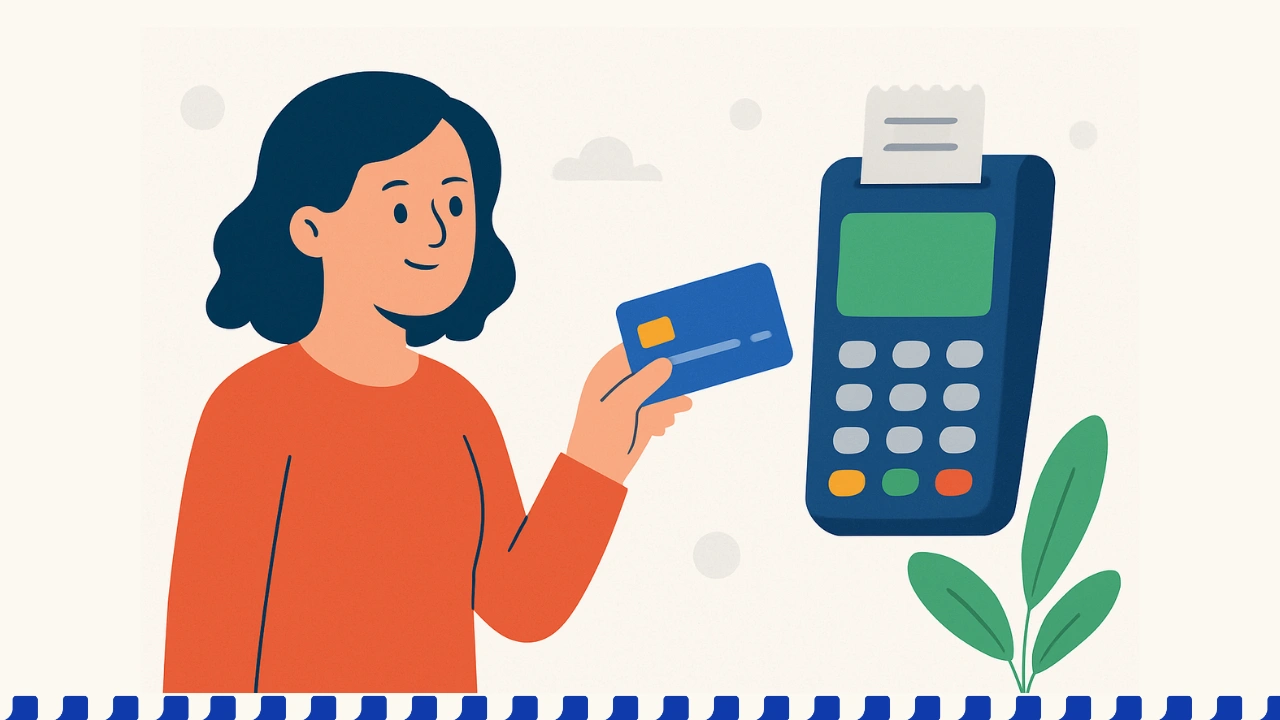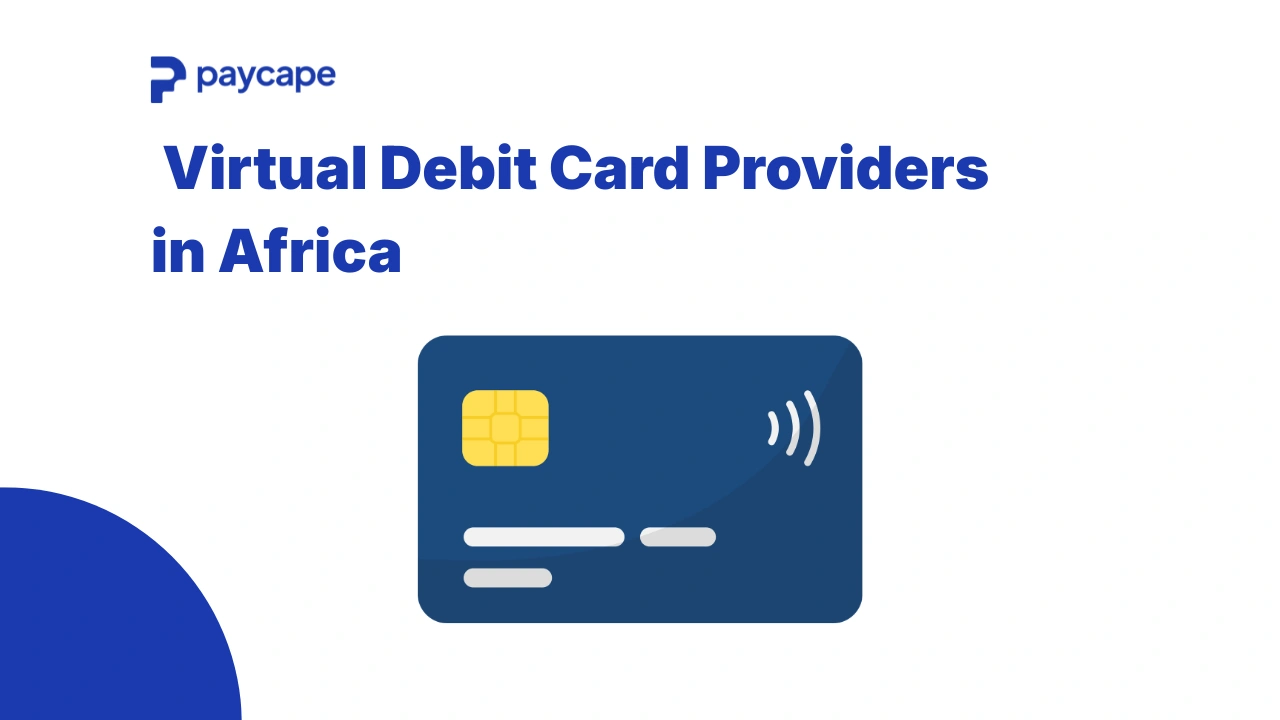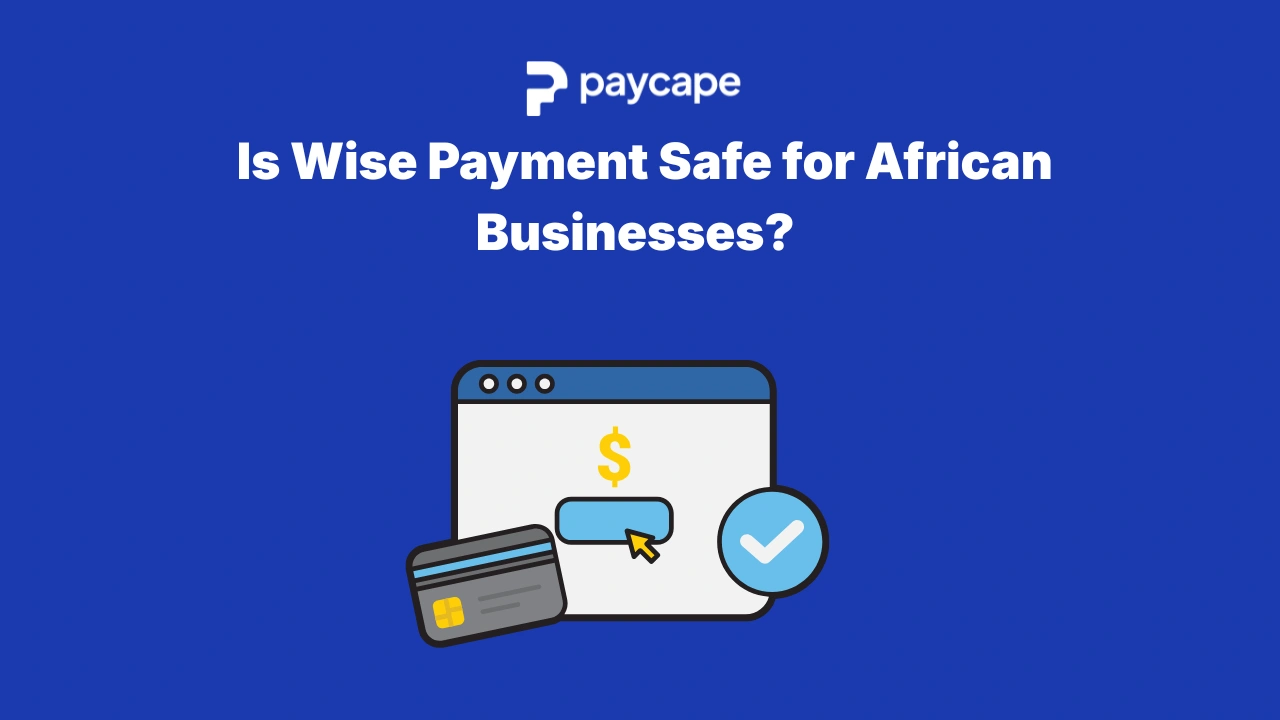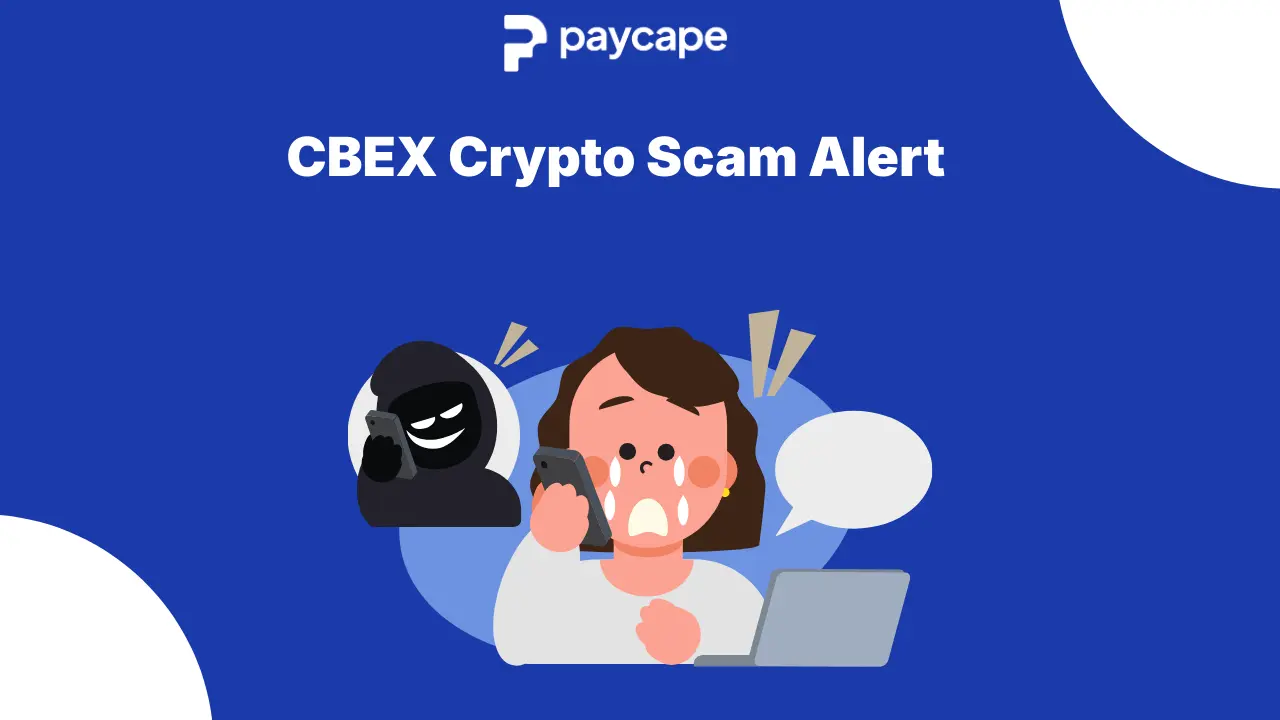Transactions are an important part of human relations. It’s not possible for a person to live an entire lifetime without conducting a transactions uncountable. From rocking a child to bed to rewarding good grades, there will always be an exchange of value between man and society. The most obvious transactions are business transactions. This is where payment is made for goods and services.
The payment system has evolved over the centuries. Before the Lydians invented money, there was the trade-by-barter system. Individuals traded items or services they wanted with the ones they had. Now, the world is in the digital age. There are standardized currencies, and businesses now operate online and offline.
As a result, consumers have numerous methods of payment to choose from. To stay on top, business owners are finding ways to make payments easier for their customers.
Are you a business owner trying to understand payment methods 1or are you looking to stop cart abandonment on your website?
This article is an informative guide on payment methods, the types, and how to choose the right one.
What is a Payment Method?
Simply put, a payment method is how a consumer pays a business for the goods and services purchased.
Benefits of The Right Methods of Payment
7 out of 10 customers who fill out their cart abandon it before checkout. 9% of those abandon their cart because of the methods of payment. This means that, with the right payment methods, businesses can increase their sales by a lot.
Another point is customer satisfaction. Clients are most comfortable when they can pay with the most convenient method available. The right payment method gives the business a competitive advantage.
Types of Payment Methods
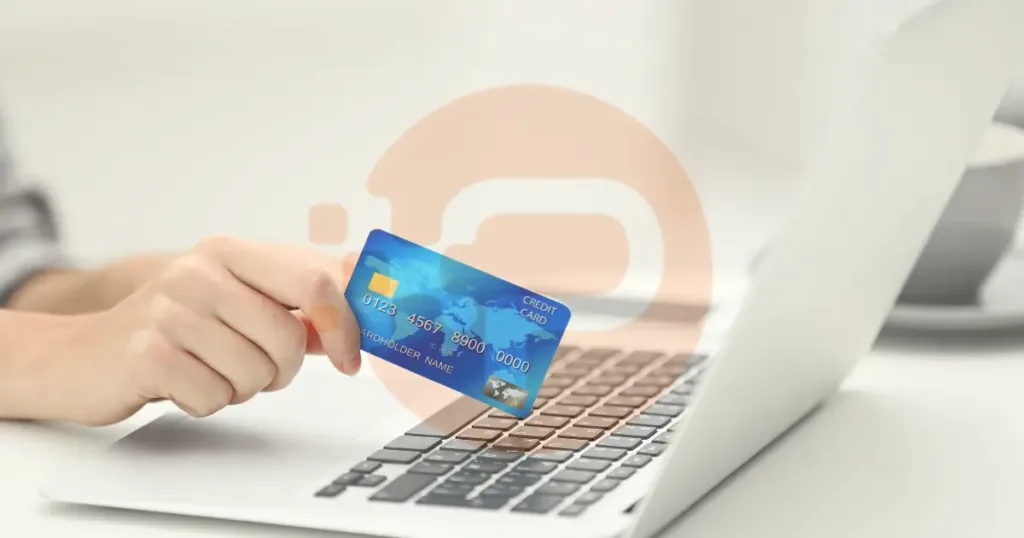
Thanks to the modern age, the options are almost unlimited—over 200 methods of payment. Here are some types:
Cash
Physical currencies in the form of banknotes and coins are the most traditional method of payment right now. According to the FIS Worldpay Global Payment Report, 2022,62% of point-of-sale payments in Nigeria are cash.
With cash, payment is immediate. No need for electronic devices; no unnecessary internet glitches. When a customer likes your product, the customer pays (straightforward).
One point against cash is the increase in online shopping. Goods are now displayed online for shoppers all over the world. It makes cash payments far-fetched.
Credit cards
Other than cash, there are credit cards too. With credit cards, customers pay with money borrowed from banks and building societies. It allows customers to spread payments over time and receive rewards and points.
For business owners in the UK and similar countries, the credit card option is a necessity. With UK residents completing 340 million transactions in 2019, it’s no wonder. According to Forbes, the majority of US citizens use debit and credit cards.
Bank Transfers
Another type is bank transfers. This method is most common with B2B and larger transactions. Although well-known, compared to others, bank transfers are insecure. Recalling payments made is not possible, and it’s a time-consuming process.
Mobile Payments
Lastly, mobile payments. Mobile payments are methods that can be used on a mobile device, such as a phone. Examples of mobile payments are mobile wallets, QR codes, and the use of payment links.
The Most Common Payment Method in Nigeria
The debit card is by far the most common payment method in the world today. Statistics show that 42% of all online and in-person payments are made through a debit card. Followed closely by direct debit, cash, and credit card payments. Cheques come in last.
In Nigeria, though, CASH is king. It’s noteworthy that mobile payments are growing at the highest rate. So, as a business owner, you should probably add this to your list.
Online Payment Methods
Online payment methods are used when the customer is not physically available. A lot of customers nowadays find it more convenient to shop online. This made a lot of businesses drop the traditional physical store. They now operate online.
As such, payment methods had to follow suit. Here are some online payment methods used by businesses.
- Direct debit
- Bank transfers
- Mobile payments
- Digital currencies, etc.
Alternative Payment Methods
An alternative payment method is any way by which payment for goods and services is made without using a card or cash that belongs to a recognized major card scheme.
An alternative payment method is an option beyond the traditional credit card, debit card, or cash. Examples of major card schemes are Visa, Mastercard, American Express, etc.
Some commonly used alternative payment methods are:
Cryptocurrency
This is a digital currency mined through complex computational equations. It’s typically stored in a hardware wallet or hot wallet.
The disadvantages of cryptocurrency as an alternative payment method are its complexity and high fees. Despite being a new payment method, it hasn’t gained as much traction as expected.
Buy Now, Pay Later
This method allows customers to buy products or services without making a full payment. Its ace point is that customers can spread payments over an agreed period, interest-free. It’s safe to say that it’s like a credit card for those without one.
Note: The most common alternative payment method in Nigeria is online payment services like PayPal and Amazon Pay. In 2021, 7% of Nigerian e-commerce sales were concluded with this method. The reason why is understandable. Paypal is one alternative method accepted in more than 200 countries.
Conclusion
There it is. All about payment methods and the factors to consider in one article. You should know that there is no limit to the number of payment methods your business can offer. The more—a reasonable number—the better.
Ready to scale your fintech across Africa?
Join Paycape to get discovered, find partners, and stay compliant across West Africa
Join the Waitlist